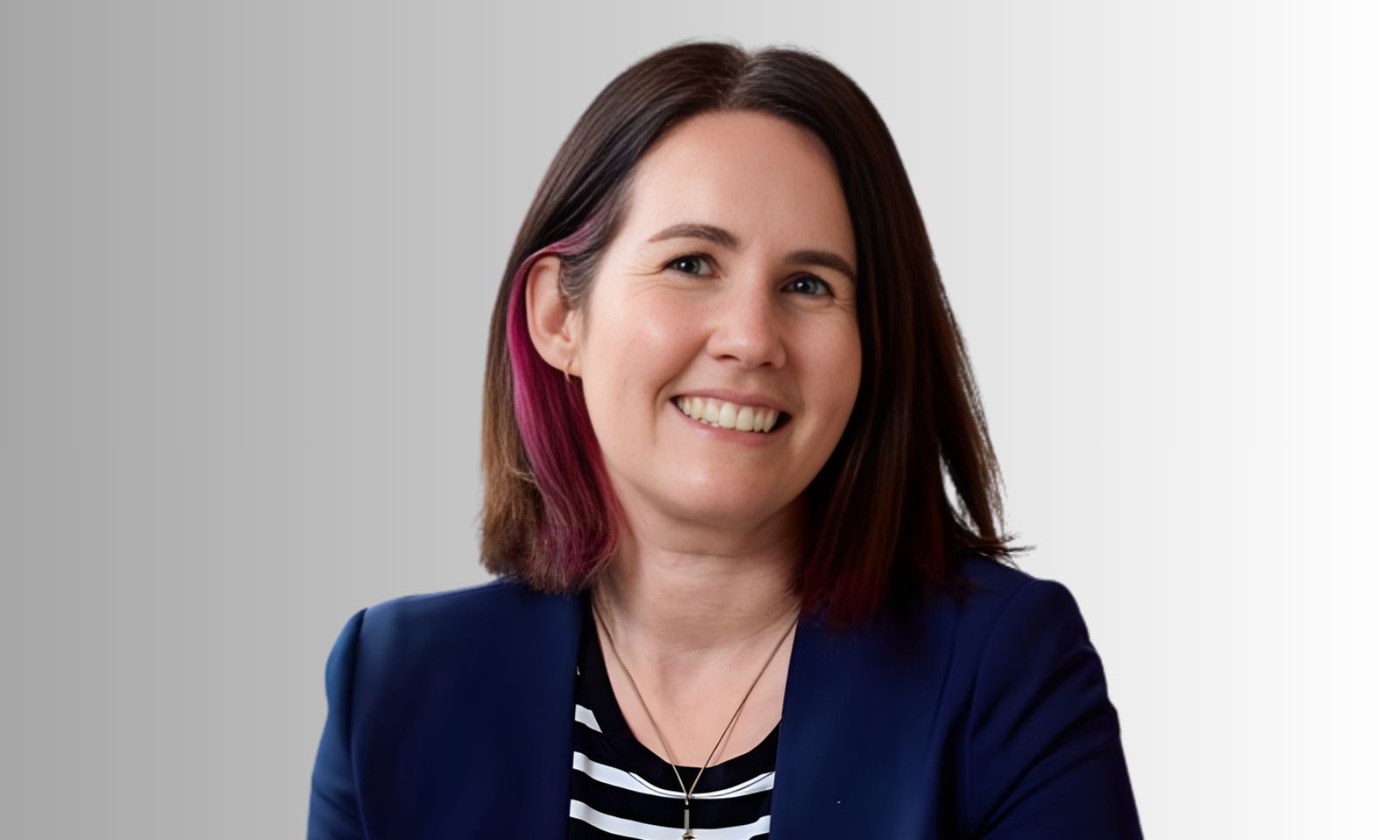

Tim Watkin.
Photo/RNZ
Trust in journalism under scrutiny as Pacific audiences turn to social media
A new report shows New Zealanders’ trust in news remains low as journalist Tim Watkin says diversity and objectivity are key to rebuilding this connection.




Tyrun re-imagines Niuean love in smooth new R&B single ‘Fila’




Tyrun re-imagines Niuean love in smooth new R&B single ‘Fila’
Trust between journalists and the public is facing challenges, particularly among Pacific audiences, who may find representation key to restoring faith in the media, according to an award-winning journalist.
The recent Broadcasting Standards Authority's (BSA) Trust in News Media 2025 report shows New Zealand’s trust in news remains below international averages. The study, which surveyed 1008 adults in April and May, was conducted by The Curiosity Company.
Younger respondents, including many Māori and Pacific people, were more likely to rely on social media platforms such as Facebook, TikTok, and YouTube for news, with more than three-quarters using them regularly.
The survey warns that this “fragmented, always-on news environment” makes it harder to identify which sources can be trusted and risks widening social divides.
Speaking with William Terite, Tim Watkin, an award-winning journalist and RNZ podcast executive, argues the issue goes beyond bias and accuracy. It’s also about connection. He explains that the journalism industry is not “hiring people who look like the people they are talking to”.
“They are not actually caring about the values: that objectivity, the fact that we are not there to take sides, to tell someone's story for them,” Watkin says.
“We are there to actually give people the information they need to lead constructive, useful, informed lives, and we need to get back to basics a little bit. It's not our job to preach. It's not our job to rant.
“It's our job to inform, and we need to take that seriously, in the same way that a doctor needs to focus on getting people well, not telling them how to do their hair. We've been distracted.”
Watkin traces the roots of mistrust in journalism back to its origins. He says since the printing press of the 1400s, the profession has had lapses in reliability, often characterised by “angry rants and propaganda sheets”.
“For a number of years of the 20th century, journalism got a lot right but financial pressures and competition, things have slipped over the years. It’s been really tough for journalists and a lot of it is financial.
“Unless you're Keith Rupert Murdoch or Elon Musk, it's a really hard business. We have to own that, some of those core values we held as journalists, the things that made us different from all the other flood of information out there, we've lost sight of some of those.”
The BSA report also found that 69 per cent of respondents value reporting supported by credible evidence, 66 per cent expect neutral reporting, while 63 per cent desire “mistakes acknowledged and corrected promptly”.
Stacey Wood, the Chief Executive of the BSA, says emotionally charged reporting and misinformation during the Covid-19 pandemic, global conflicts, and domestic political debates have eroded public confidence.
“It’s vital in a functioning democracy that people have access to reliable, accurate news media and have trust in the information they receive,” she says.
Wood says the findings will guide the next review of the Code of Broadcasting Standards and she encourages media outlets to prioritise transparency and accountability while clearly separating news from opinion, entertainment, and advertising.

Stacey Wood. Photo/Broadcasting Standards Authority
Watkin’s new book, How to Rebuild Trust in Journalism, draws on research from New Zealand and around the world to explore why confidence in the media is slipping and how journalists can earn it back.
He identifies four “superpowers” vital for rebuilding trust: objectivity, verification, transparency, and caring. He says they are key to resolving the relationship between journalism and the public.
“Trust is a relationship, and we have forgotten as journalists that our relationship with the public is what's key, and that's a long-term thing,” Watkin says. “If you think of the relationship between us as journalists and the public, it's like a marriage, and I think we haven't been particularly faithful to our spouse.
“And to be fair, so have the public, with Instagram and with all the other big techs. They need to come back to us. We need to find a way to actually rebuild this relationship, and a part of what the book gets into is what then does journalism offer for that relationship?
“What do we actually have to give to bring people back into the loving arms of journalism? What are journalism's superpowers that make us stand out from anything else that's on your TikTok, Instagram reels or whatever? The four things are objectivity, verification, transparency, and caring, and if we nail those things, then we can win people's trust back again.”
Watch Tim Watkin’s full interview below.